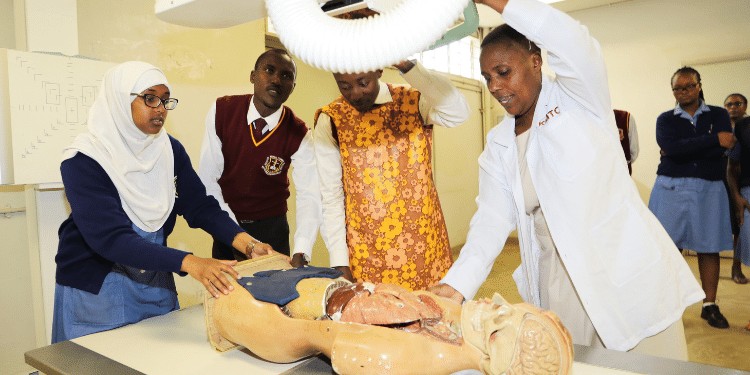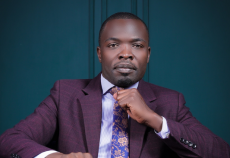- Working as a mortician allows one to play a crucial role in supporting the bereaved families as well as ensuring the deceased are accorded respect and dignity in their final journey on earth.
- This is a meaningful way of contributing to society during times of grief, therefore fulfilling a vital role in society. This aspect is achieved through the specialized skills a mortician gets during the training.
Kenya Medical Training College (KMTC) has recently received overwhelming applications from Kenyans wanting to enrol in the Mortuary Science course.
Since Mortuary science involves one working around human remains/ dead bodies, it was feared in the past, and not many people opted to go for it. In most cases, mortuary attendants in Kenya are usually trained informally when working in private funeral parlours. Therefore, one did not necessarily need the knowledge and skills to be a mortician but rather the audacity to work in such an environment.
This trend has created a substantial gap in the training and practice of morticians, which was identified by a 2019 study by pathologists from Kenyatta National Hospital and lecturers from the University of Nairobi (UoN).
Mortuary science is a course designed for people with compassion and interest in supporting bereaved families, which is life's most challenging moment. The course suits those with strong interpersonal skills who pay attention to detail and are resilient in handling sensitive and emotional people or situations. The course can be particularly rewarding to those who want to serve the community by providing end-of-life dignity and respect services.
As highlighted above, there has been a substantial gap in the training and practice of morticians in the country, creating a demand for industry professionals. The course is packaged with diverse opportunities in terms of career paths. Some of the professionals produced by the course include embalmers, mortuary technicians, funeral directors and grief counsellors, among others. The course opens doors and opportunities for specializing in the death care industry.
Read More
Working as a mortician allows one to play a crucial role in supporting the bereaved families as well as ensuring the deceased are accorded respect and dignity in their final journey on earth. This is a meaningful way of contributing to society during times of grief, therefore fulfilling a vital role in society. This aspect is achieved through the specialized skills a mortician gets during the training.
The skills include grief counselling, embalming, funeral service management, and other legal and ethical practices required during such times. These skills are crucial in providing high-quality care and service to the affected people.
Working as a mortician requires empathy, resilience, and strong communication skills. Therefore, undertaking mortuary science as a course offers an opportunity for personal growth and development of these personal qualities, which are essential in the professional and personal aspects of life.
Mortuary science in Kenya is in high demand across all medical institutions in the country. The projections have increased since 2023, when the course was officially launched in KMTC. For instance, the institution received 250 applications this year (2025) against its capacity to hold 50 slots at a time. This depicts a sudden growth in the demand for this lucrative course.
Irrespective, the institution has expanded to absorb more students; at the same time, it has regulated the program to ensure there is a capped intake and maintenance of high-quality training at the same time. Other medical institutions can take advantage of this lifetime opportunity to train the many qualified students who wish to undertake the course but have since been left out due to a lack of institutional capacity.






-1769608133-md.jpg)



